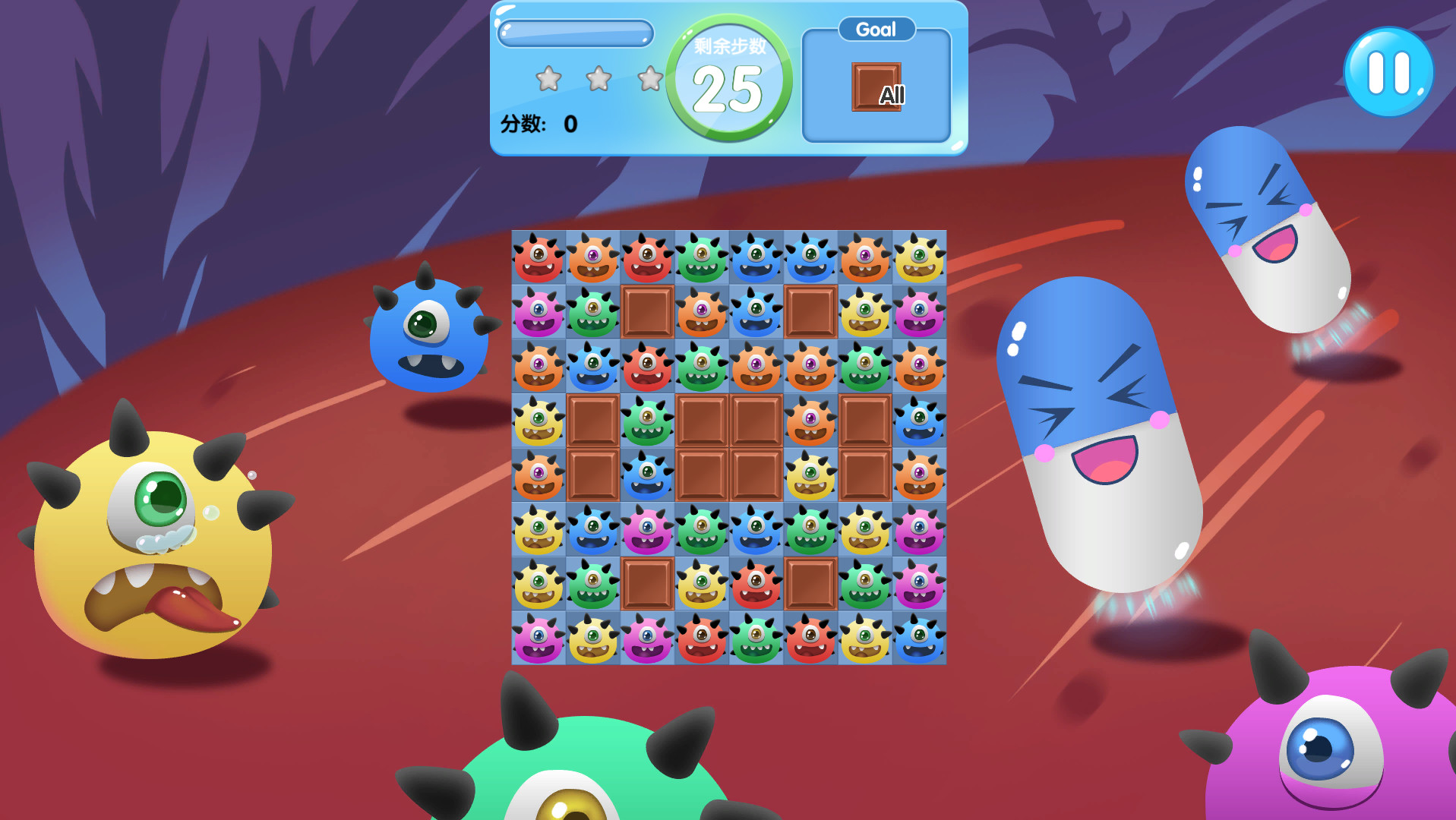

They want their games to appeal to a crowd that would probably be more happy spending their Saturday evening at a golden-sun-dappled rooftop party among folks clad in well accessorized outfits holding solo cups (why are there so many in that picture?). Indie Devs who say they make “casual” games do so to appeal to people who aren’t 100% consumed by games and who aren’t self-identified gamers. This picture comes from the Nintendo Switch announcement commercial. In my conversations with Indie devs I always try to suss out who exactly they picture when they say they are trying to appeal to a “casual audience.” The composite of their responses is something like this picture: But first let me define casual vs hardcore

In today’s blog post I want to explain why. I think trying to target a “casual” audience is a mistake for small indie game developers. It turns out my hunch was correct: 42.8% of indie games have the casual tag. I was afraid it was just some weird recency bias infecting my brain so I consulted my oracle: Video Game Insights. “We are making a casual strategy game.” “We are making a souls-like but for a casual audience.” I talk to a lot of indie game developers through my game marketing discord, I consult, I review funding pitch documents, I do lots of Q&As, and one weird thing that I see a lot of indies do is say they are making a “casual” game.


 0 kommentar(er)
0 kommentar(er)
